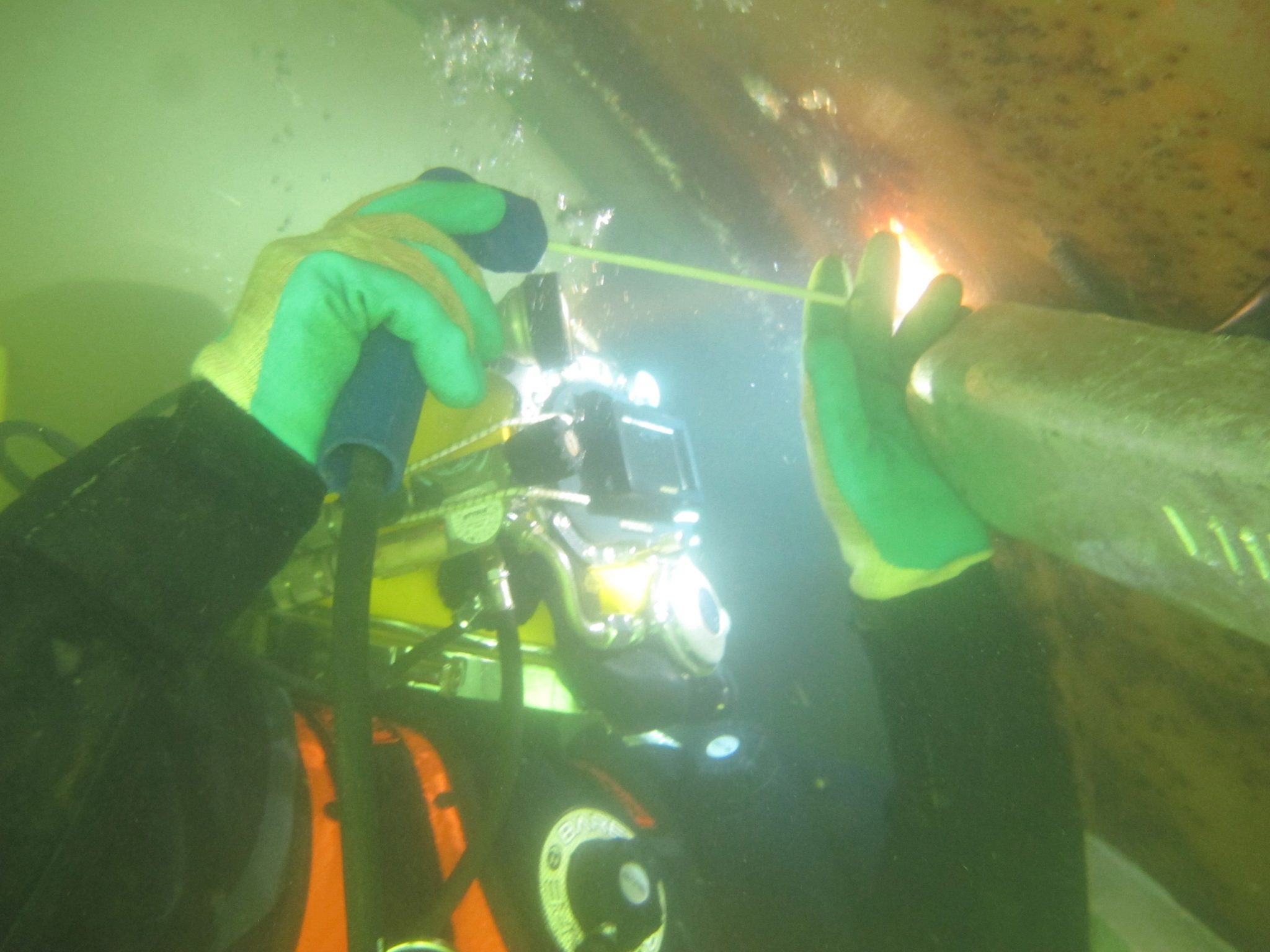Sacrificial Hull Anode Replacement
Underwater repairs, maintenance and inspection for the international merchant fleet.
Sacrificial hull anode placement
By regularly inspecting and maintaining the state of zinc and aluminium anodes on a vessel, ships will operate longer without major unforeseen problems.
By providing us all relevant drawings or known dimensions of the required area to protect with sacrificial hull anodes our partner will calculate the installation plan and the amount of anodes for the requested protection duration and deliver the requested amount of anodes out of stock.
Maintenance work like the replacement of anodes that are worn out can easily be carried out without any interference with the vessel’s sailing schedule.
FN Diving will take care that all items are presented on site worldwide, subsequently our diver technicians will install them in the appropriate way. The advantages of this one call solution will facilitate the repairs, saving precious time for the vessels schedule.
Under 24hrs & no drydocking
The total time for sacrificial hull anode replacement are normally under 12 hrs, with no drydocking or down time. It’s a cost effective solution that is guaranteed to get you back on schedule fast. Feel free to contact us!
Different galvanic anodes;
Aluminium anodes
The chemical composition of aluminium anodes is based in the well established Al-Zn-ln and it is suitable for most sea water applications. Their electrochemical capacity is more than 3 times greater than the capacity of zinc and it is nowadays the most widely used alloy for the cathodic protection of ships and other marine metallic structures.
Our pre-casting quality secures the concentration of all important elements (either impunties or allying elements), even in very low concentrations, in order to strictly conform with the specification.
Magnesium anodes
The magnesium anode generally works well in brackish and fresh water. Magnesium contains a lower transition resistance and is therefore better suited in fresh and brackish water than zinc anodes.
Zinc anodes
The Zinc alloy type is the well-established formulation based on US MIL-A- 18001 K specification. It Is suitable for general seawater applications. Its low electrochemical capacity makes it suitable for coated structures were the current demand is significantly reduced.
Advantages of using sacrificial anodes:
• Anodes Can be used where there is no power
• Lower initial cost
• Less supervision required
• Comparatively simple installation and additional anodes can easily be added if the initial installation proves to be inadequate

